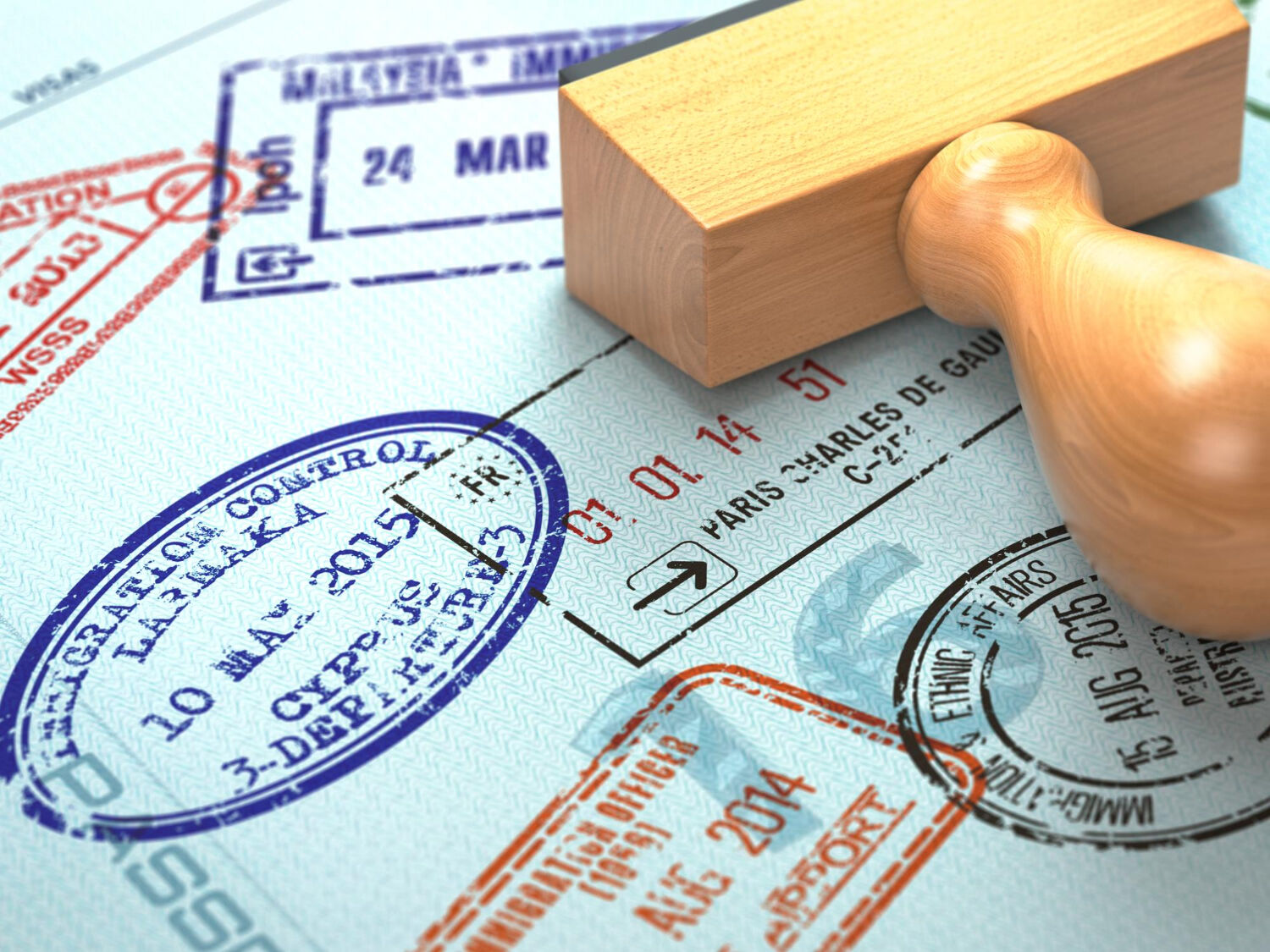What is the current Thai visa rule for Thailand?

Planning to explore the vibrant markets of Bangkok, bask on the sandy beaches of Phuket, or wander through the ancient ruins of Ayutthaya? Thailand has long been a favourite destination for those seeking adventure, relaxation, and everything in between. But before you can indulge in delicious Thai cuisine and experience the warmth of its people, there’s a crucial step to consider: obtaining a Thai visa. And to help you navigate the current tourist visa rules for Thailand, we’ve created this quick guide so you’re well-prepared for your journey.
The basics: Understanding Thai tourist visas
First things first, let’s address the question on everyone’s lips: “What exactly is a Thai tourist visa?” In a nutshell, it’s an official document permitting entry into and travel within Thailand for tourism purposes. Issued by a Thai embassy or consulate in your country, it’s stamped into your passport when you arrive at the airport in Thailand. If your wanderlust isn’t quite satisfied, you can even extend your tourist visa while in Thailand. Just remember not to confuse the tourist visa with the Visa Exemption stamp issued at the airport.
Now, it’s essential to differentiate between tourists and other visitors. Tourists are those who visit the country for leisure, strictly not for work or business purposes. If your trip involves anything other than relaxation and exploration, you’ll need to explore other visa options.
Visa exemptions and Visa on Arrival: The effortless options

Many nationalities can revel in Thailand’s beauty without a visa for up to 30 to 45 days under the Visa Exemption scheme or the Visa on Arrival rule. This is perfect for those who fancy a spontaneous gateway.
Visa Exemptions
Depending on your country of origin, you may be eligible for a visa exemption, which allows you to enter Thailand without a visa. Upon arrival in Thailand, you’ll get a “permission to stay” stamp. Generally, this permits a stay of up to 30 days. Do note that visa exemption eligibility is subject to change, so it’s always wise to check the Royal Thai Embassy’s website for the most recent list of eligible countries. As of today, Visa Exemption is available to passport holders from over 40 countries and territories. These include Australia, the United States, the United Kingdom, Canada, Japan, New Zealand, Poland, Spain, Hong Kong, and Switzerland, among others.
Visa on Arrival
For citizens of certain countries, Thailand offers a visa on arrival, which you can apply for at select airports and border crossings. If eligible, you’ll receive a 15-day stay in the Land of Smiles. To be granted a visa on arrival, you’ll need a few essentials:
- A valid passport with at least 30 days remaining before expiration from the date of arrival
- A confirmed return ticket within 15 days of entry
- Proof of accommodation during your stay
- A recent passport-sized (4 x 6 cm) photograph
- Enough funds to cover your expenses (typically 10,000 THB per person or 20,000 THB per family)
- A visa on arrival application fee (1,000 THB) that must be paid in cash and is non-refundable
Nationals of the following countries can apply for a visa on arrival: Andorra, Bulgaria, Bhutan, China, Cyprus, Ethiopia, Fiji, India, Kazakhstan, Latvia, Lithuania, Maldives, Malta, Mauritius, Papua New Guinea, Romania, San Marino, Saudi Arabia, Taiwan, Ukraine, and Uzbekistan.
It’s important to note that visitors entering Thailand with a Visa on Arrival typically cannot apply for an extension of stay. However, in exceptional circumstances, such as illness preventing travel, an extension may be granted.
Tourist Visa

If your nationality isn’t eligible for visa exemptions or visas on arrival, or if you’re planning a longer sojourn, applying for a Thai tourist visa is your best bet. This visa grants you a 60-day stay, which can be extended for an additional 30 days at a local immigration office.
To apply, you’ll need to visit a Royal Thai Embassy or Consulate in your home country. Required documents typically include:
- A valid passport with at least six months remaining before expiration
- A completed visa application form
- One recent passport-sized (4 x 6 cm) photographs
- Round-trip air ticket or e-ticket (paid in full)
- Proof of sufficient funds to cover your expenses (at least 10,000 THB per person or 20,000 THB per family)
- Proof of Hotel or private accommodation booking
Be sure to apply at least four weeks before your travel date. You can make your application online at the Thai E-Visa official website.
Visa fee
For those planning to acquire a Thai Tourist Visa, be prepared to pay a fee of US $30.00 (or equivalent) per entry. Keep in mind that the visa cost may vary; thus, it is highly recommended to reach out to your nearest Thai Embassy or consulate prior to submitting the necessary documents.
Travel insurance for tourists in Thailand
Now that Thailand has relaxed travel rules, visitors no longer need to show proof of Covid Insurance. But keep in mind; that foreign visitors don’t get free medical care in Thailand. If you need medical help, you’ll have to pay for it yourself.
Getting travel insurance is a smart idea for people going abroad. It covers not just Covid-related issues but also:
- Medical emergencies
- Injuries and accidents
- Missed or delayed flights
- Broken belongings
- Lost luggage
To make sure you’re well-covered while visiting Thailand and to avoid any problems, pick travel insurance made just for Thailand.
Other documents to prepare
With your Thailand tourist visa from the Thai Embassy or consulate secured, don’t forget to prepare the following paperwork before embarking on your journey to Thailand:
- A passport containing your valid visa
- A Vaccination Certificate or RT-PCR / Pro-ATK test result
- A printed copy of your Travel Insurance certificate
- A copy of your confirmed hotel reservation
- A copy of your confirmed flight booking
Compiling these crucial documents will help guarantee an enjoyable and stress-free experience in the Land of Smiles.
Essential tips to stay on top of visa rules

As visa rules are subject to change, it’s important to stay in the loop. Here are a few tips to help you avoid any unwelcome surprises:
- Regularly check the Royal Thai Embassy’s website for updates on visa rules and eligibility
- Keep track of your visa’s expiration date and apply for an extension if necessary
- Ensure your passport has at least six months remaining before expiration.
- Always carry sufficient funds to cover your stay in Thailand
Understanding the current tourist visa rules for Thailand is the first step in planning your enchanting escapade. With this guide, you’re well on your way to securing the necessary permissions to explore the wonders of this captivating country. Now, all that’s left to do is pack your bags, grab your passport, and embark on the adventure of a lifetime! Happy travels!
Thinking about spending your retirement years in Thailand? Check out our guide on how to retire in Thailand.
Latest Thailand News
Follow The Thaiger on Google News:


























